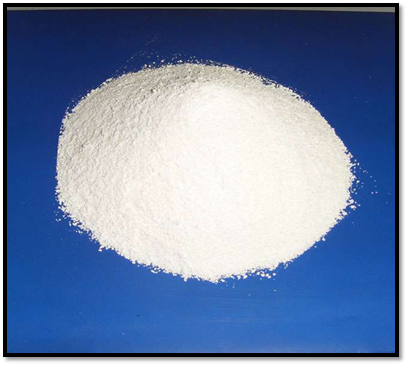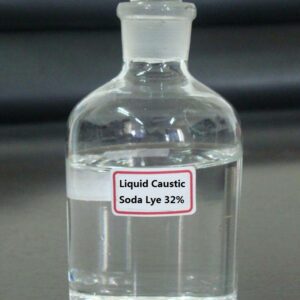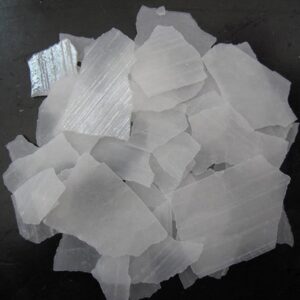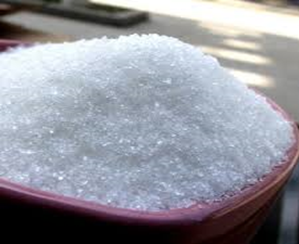Description
🔬 Specifications of Ammonium Sulfate
-
Chemical Name: Ammonium Sulfate
-
Chemical Formula: (NH₄)₂SO₄
-
CAS Number: 7783-20-2
-
Molecular Weight: 132.14 g/mol
-
Purity: ≥ 98%
-
Appearance: White crystalline or granular solid
-
Nitrogen Content: Approximately 21%
-
Sulfur Content: Approximately 24%
-
Solubility: Soluble in water
-
pH (1% solution): 5.5 – 7.0
-
Packaging: Available in 25 kg, 50 kg, or bulk bags
-
Storage Conditions: Store in a cool, dry place away from incompatible materials
-
Shelf Life: 12-24 months if stored properly
-
Moisture Content: ≤ 1%
🔧 Applications of Ammonium Sulfate
1. Agriculture and Fertilizers
Ammonium sulfate is most commonly used as a fertilizer for crops, especially for acid-loving plants such as corn, wheat, soybeans, and tobacco. Its high nitrogen content promotes leaf growth, photosynthesis, and overall plant health. Unlike other nitrogen fertilizers, ammonium sulfate also provides an important sulfur source, essential for the production of amino acids and protein synthesis in plants. The balanced ratio of nitrogen and sulfur makes it an excellent fertilizer for improving crop yield and soil fertility.
2. Industrial Uses
Ammonium sulfate has several industrial applications, including in the manufacture of dyes, textiles, and as a flocculant in water treatment. It is used in chemicals such as disinfectants, fire extinguishers, and cleaning agents. In chemical manufacturing, it is also used as a buffer solution in laboratories and to produce ammonium salts.
3. Water Treatment
In water treatment plants, ammonium sulfate is used to remove heavy metals and impurities from water by acting as a flocculant. The compound helps in coagulating particles in water, allowing them to settle and be removed effectively.
4. Food Additive
Ammonium sulfate is sometimes used as a food additive and yeast nutrient in bread-making processes. It provides essential nitrogen for yeast fermentation, ensuring the bread rises properly and has the desired texture.
✅ Benefits of Ammonium Sulfate
-
✔️ High nitrogen content (21%) promotes healthy plant growth
-
✔️ Supplies sulfur, an essential nutrient for plants, improving protein synthesis
-
✔️ Effective for acid-loving crops, enhancing crop yields
-
✔️ Soluble in water, making it easy to apply via irrigation or foliar spray
-
✔️ Economical and widely available for large-scale agricultural use
-
✔️ Multipurpose use in agriculture, industry, and water treatment
⚠️ Safety and Handling
Although ammonium sulfate is relatively safe to handle, care must be taken to avoid direct inhalation or contact with the eyes. The compound should be stored in a cool, dry place and kept away from strong acids or alkalis. While it is not flammable, prolonged exposure to high concentrations may cause irritation to the respiratory system, eyes, and skin. It is recommended to wear gloves, goggles, and a dust mask when handling bulk quantities of ammonium sulfate. Always follow the Material Safety Data Sheet (MSDS) for detailed safety instructions.
📌 Conclusion
Ammonium Sulfate is an essential compound that plays a vital role in agriculture, chemical manufacturing, water treatment, and even food production. Its high nitrogen and sulfur content make it a versatile and effective fertilizer, improving crop yields and soil health. The compound’s wide range of industrial applications, along with its cost-effectiveness and easy handling, make it indispensable across various sectors. Whether you are a farmer looking to improve crop production or an industrial manufacturer seeking a reliable flocculant, ammonium sulfate offers a solution that balances performance and affordability.








